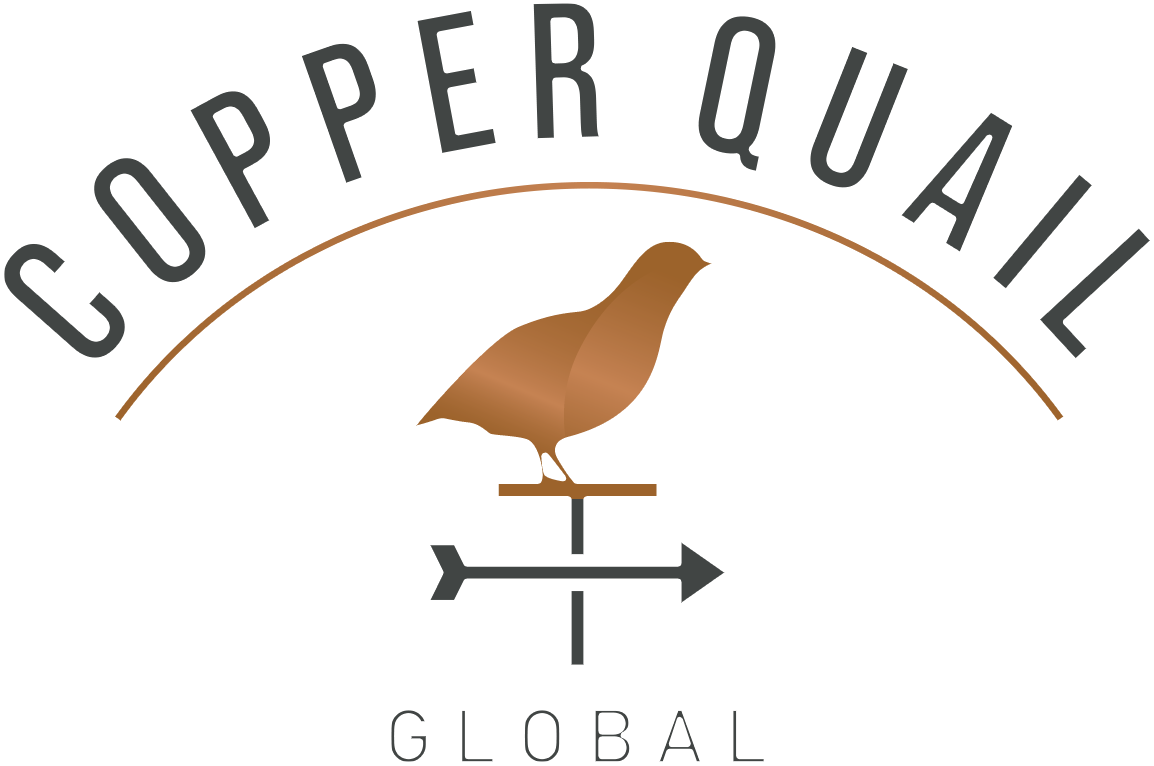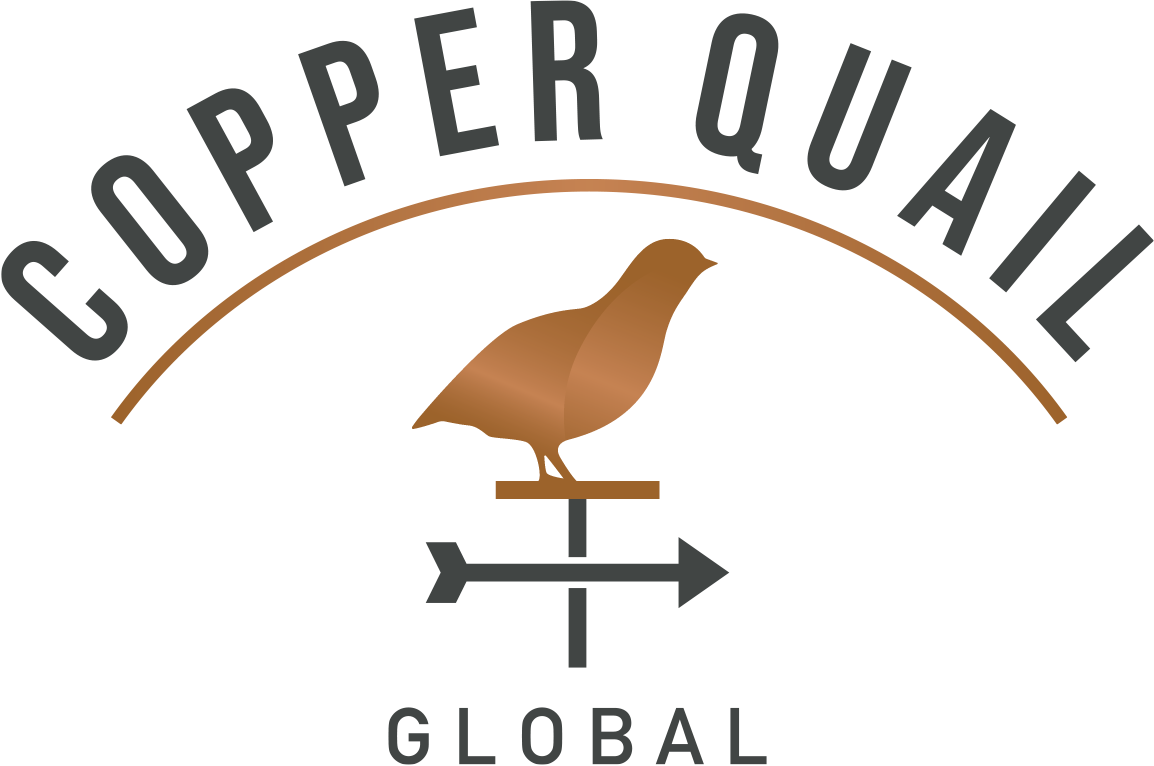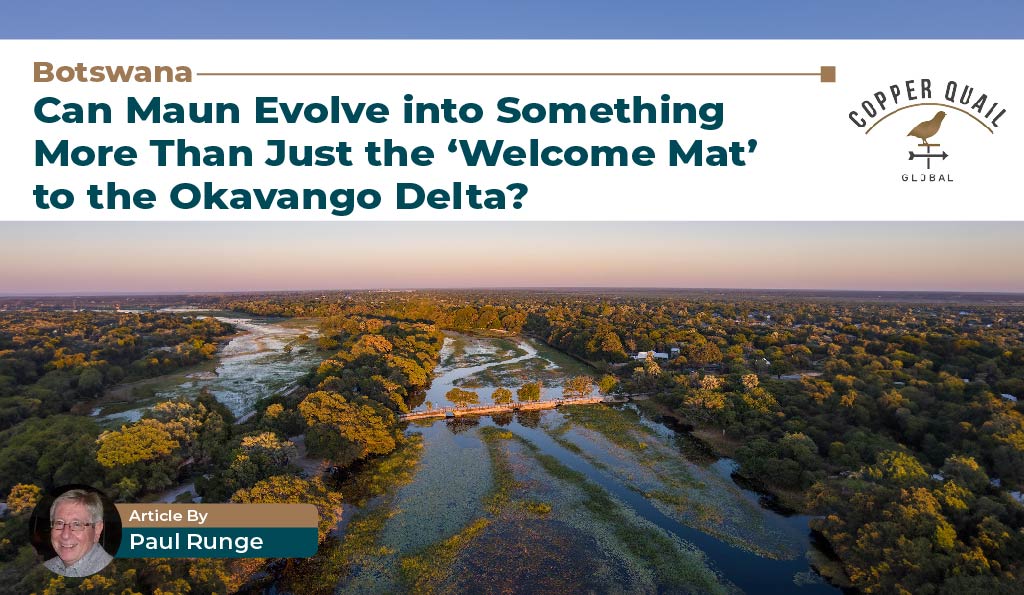Botswana: Can Maun Evolve into Something More ThanJust the ‘Welcome Mat’ to the Okavango Delta?
The precious Okavango Delta. A major ‘bucket list’ item
It’s a question clients have asked me many times: “You’ve travelled all over Africa. How come you’ve never been to the Okavango?”
The truth is that it was on my ‘bucket list’ for many years. And then one day, in early 2019, my partner, Terry and I decided to jump into her old 1987 Volkswagen Autovilla and head for the famous swamps. We wanted to visit one of the wonders of the world – in north-western Botswana, a vast inland delta covering nearly 17 000 square kilometres, populated by hippo, crocs, lechwe, the odd elephant, numerous bird species and no humans.
We certainly could not afford the US Dollar prices that European, American and Asian tourists pay for their ‘safaris’, so we took the rough option of a hired boat and a veteran Zimbabwean man of the bush and his daughter as our guide and his assistant. Four of us for four days in the delta without coming across any other human beings. And hippo wandering between our tents at night, making the trip to our temporary ‘hole-in-the-ground’ ablutions highly problematic.

Maun – the gateway into the delta
The town of Maun (population around 60 000), is generally called the “gateway” to the Okavango Delta. It is also called the “welcome mat” for tourists visiting one of the few truly wild areas remaining in our continent. But as one North West Council planning officer confided to me: “The arriving tourists will not see what they expect. Our town just does not reflect its connection to the delta.”
The area is sparsely populated and Maun is where travellers are obliged to stay before and after their visits to the Delta. The tourism industry dominates the local economy. There are numerous hotels, lodges, bed and breakfasts and backpacker guest houses. Commercial activity is also largely tourism-dominated.
Our stay in Maun and visit to the delta was arranged by the owner of an outboard motor franchise supplying the specialised flat-bottom boats used to transport visitors on the shallow delta waters. We stayed at a backpacker establishment situated on the edge of the town.
Although it must battle constantly against foot-and-mouth disease, Botswana is a major beef supplier. And Maun is the centre of the Ngamiland District, which is recognised cattle country. Herds of cattle are sometimes seen on the streets of Maun, destined for the local abattoir. A fair number of donkeys and goats also wander around the outskirts.

Plans to convert Maun into a larger tourism centre
The planning officer whom I interviewed, made another interesting remark: “We have to get visitors to spend more time in our town.” An objective of the Maun Development Plan is to achieve just that – entice tourists to stay longer, and spend more of their precious hard currency for the benefit of the community.
The initiatives falling under the project include the establishment of a local crafts centre, development of a fisheries market, construction of a conference centre, development of the Thamalakane River Front and the Shakabi Tourist Village, and even the upgrading of an existing horse racing track. Arriving tourists will be greeted with road signage clearly informing them that they are entering the gateway to the Okavango Delta. Consideration is being given to the erection of monuments depicting the cultural history of the region including the delta.

And even bigger plans for a green, smart city
The Maun Eco City Development Project encompasses a number of larger initiatives. A priority is the expansion or possibly even the movement of the airport to a location further away from the town.
We flew back from the delta to the town on a small helicopter that landed at Maun Airport. The small arrivals and departures hall was socrowded with tourists that the queues almost extended out the entrance. This airport would clearly struggle in the event of a major tourism boom.
There are also plans to move North West District administration staff to offices and residences in a new urban area.
A major issue is water supply. The Maun Water Supply and Sanitation Project is scheduled for completion in 2023.
As we approached Maun in our camper van, we were looking out for a Lake Ngamias shown on our maps. We could not see it and after our arrival, were simply informed that the lake was “dry”. We encountered further evidence of the prevailing drought when we spent a good amount of time reaching the first waters of the delta when driving in a 4X4 from the town. Our ‘man of the bush’ guide informed us that travelling to the delta was usually far quicker and easier but that the waters had of late, receded considerably.
The authorities have more ambitious plans. There are recent talks of the development of a ‘smart city’ science park that will ”create a fertile test bed of a knowledge-based economy.” There are references to a Fourth Industrial Revolution (4IR) technology research centre, a software laboratory providing access to high-speed network infrastructure and an enabled community of 25 pilot smart homes. The objective is to “galvanise global knowledge and 4IR technologies with local tribal wisdom and culture.”

Some modernity but traditional custom and wildlife on our doorstep
Maun has features of modernity with retail stores, small industry centres, large riverside homes and government buildings, but also traditional villages. The groups of cattle being herded through the streets remind visitors that the town still retains its customary nature.
Although our backpacker lodge was still within the town area, it overlooked a water hole inhabited by a few resident hippos and crocodiles. We noticed locals occasionally walking down to the water and sitting and resting on the bank at what was to us, an uncomfortably short distance from these wild animals.
A unique place. African wildlife and nature right on the doorstep!


